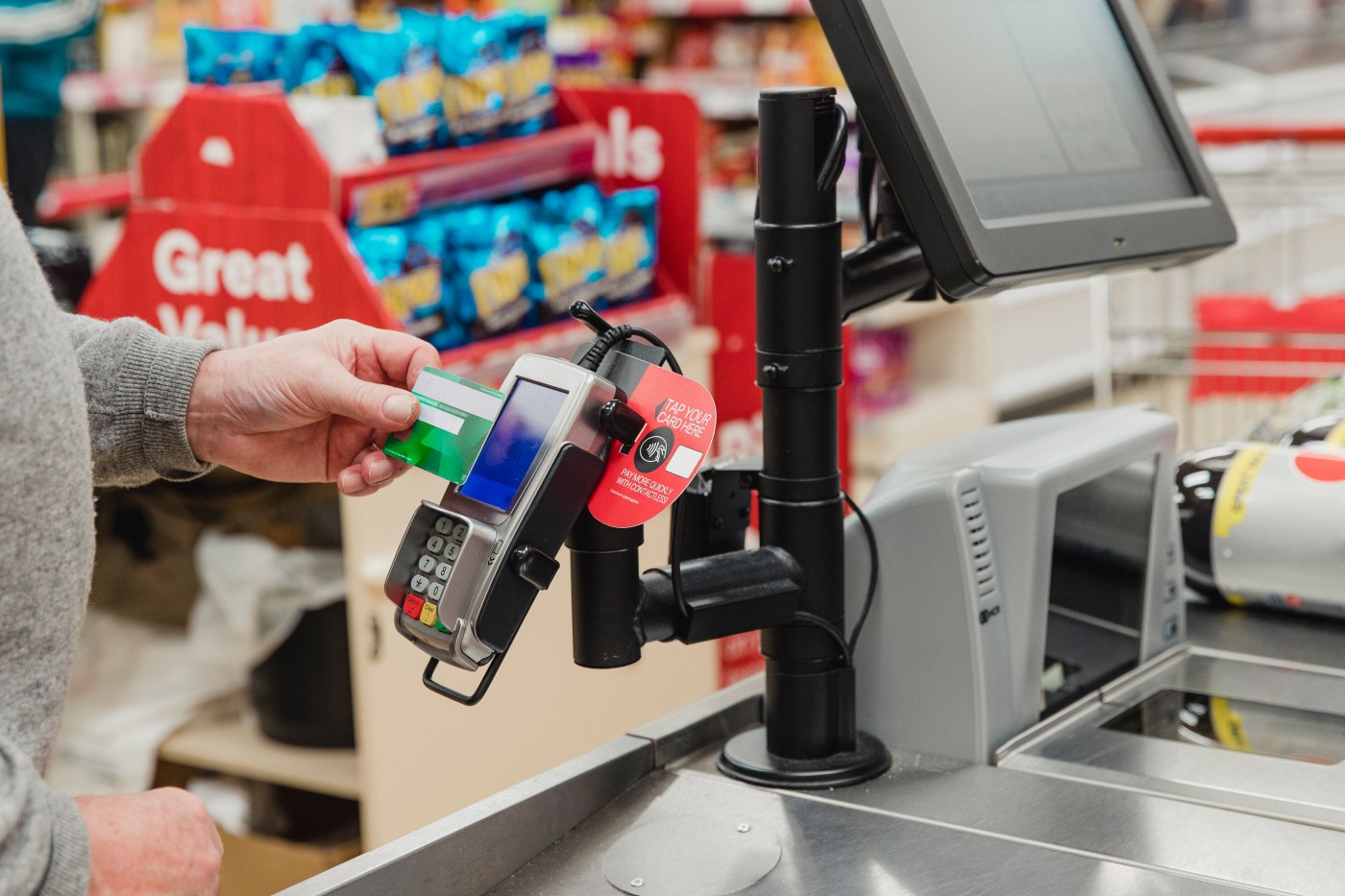
Should you skip that charitable donation at the cash register?
By Elizabeth Renter | NerdWallet
When it comes to supporting a charity, it doesn’t get much more convenient than donating at the card reader in the checkout line. But depending on your motivations and financial situation, it may not be the best approach.
More than two-thirds (68%) of Americans donate to charity at the register of retail establishments, according to a new NerdWallet survey conducted online by The Harris Poll Oct. 10-12. Some give because the cause is important to them, and others give because they feel guilty if they don’t. But whatever the reason, being thoughtful about your donations can ensure you’re giving without breaking the bank.
For customers, these donations likely look like an additional $5 or so on their total, or “rounding up” to the next dollar amount. In either case, the incremental giving adds up to hundreds of millions of dollars each year nationwide.
Many shoppers likely make the decision to donate in the moment. But thinking through why you donate ahead of time can help you make more informed decisions that align with your values and your financial goals.
Here’s how to decide whether you should give to charity on your next shopping trip.
Skip: If you want to have a significant impact and can give more
Small donations at the cash register may add up over time, but making a large donation could be more impactful for the recipient.
About one-third (32%) of Americans donate to charity at retail registers because the cause is important to them, according to the recent NerdWallet survey, and 26% because they like to be charitable. Donating at the register often means sprinkling a few dollars across numerous recipients as you go from store to store. If you want to have a bigger impact on one important cause, a larger donation can be a better fit.
Give: If a small donation suits you best
Donating $5 every few weeks on your grocery run may be easier on some budgets.
One-fourth of Americans (25%) say they give at the register because small donations don’t feel as costly, and one-third (33%) of Americans who donate at the register say they wouldn’t donate to charity at all if they didn’t donate at the cash register, according to the survey. If you already have your card out, small donations are convenient.
These campaigns work for that reason. Albertsons Companies Foundation, the charitable arm of the grocery store chain, raised $43.5 million for hunger relief at cash registers in 2022, according to Engage for Good, a marketing company that helps businesses and nonprofits raise money. That’s in addition to millions raised by the chain for Ukraine aid and other causes.
Skip: If you’re hoping for an easy tax break
Donating to charity can reduce your taxable income, but giving incrementally at the cash register can make claiming this deduction more difficult.
In order to claim a deduction for donations, they must be for a tax-exempt charity that is recognized by the IRS. Further, you must itemize deductions on your income tax return rather than taking the standard deduction. You’ll want to track these donations with documentation such as your credit card or bank statements. All of this is a lot to ask for a small donation at the register. If you want to deduct donations, direct contributions will be less of an administrative hassle.
Give: If it makes you feel good
Giving feels good, and feeling good can promote more giving. It’s a sort of generosity cycle.
A significant body of research supports that giving activates the brain’s reward system, which can lead to greater happiness. And the amount of happiness that comes from generosity isn’t dependent on the amount you give, according to a 2017 study in Nature Communications. In this way, giving small amounts not only adds up for the organizations, but also for the donors.
Skip: If it’s not in the budget
If your current financial situation has you cutting costs to make ends meet, don’t make it harder on yourself.
As we established, giving should make you feel good. But 13% of Americans say they donate to charity at the register because they feel guilty if they don’t, 10% say it’s easier than saying no, and 8% do it because they’re embarrassed to say no, according to the survey. A dollar here or there doesn’t seem like much when things are going well, but every dollar counts when you’re dealing with unexpected expenses, a job loss or other financial strain.
If donating to charity adds financial stress to your current situation, skip it. This isn’t the last time you’ll be asked.
Full survey methodology available in the original article, published at NerdWallet.
More From NerdWallet
7 Tax To-Dos Before End-of-Year
Keep Crowdfunding Proceeds on the Right Side of Tax Rules
Sports Betting Taxes: How They Work, What’s Taxable
The article Should You Skip That Charitable Donation at the Cash Register? originally appeared on NerdWallet.


